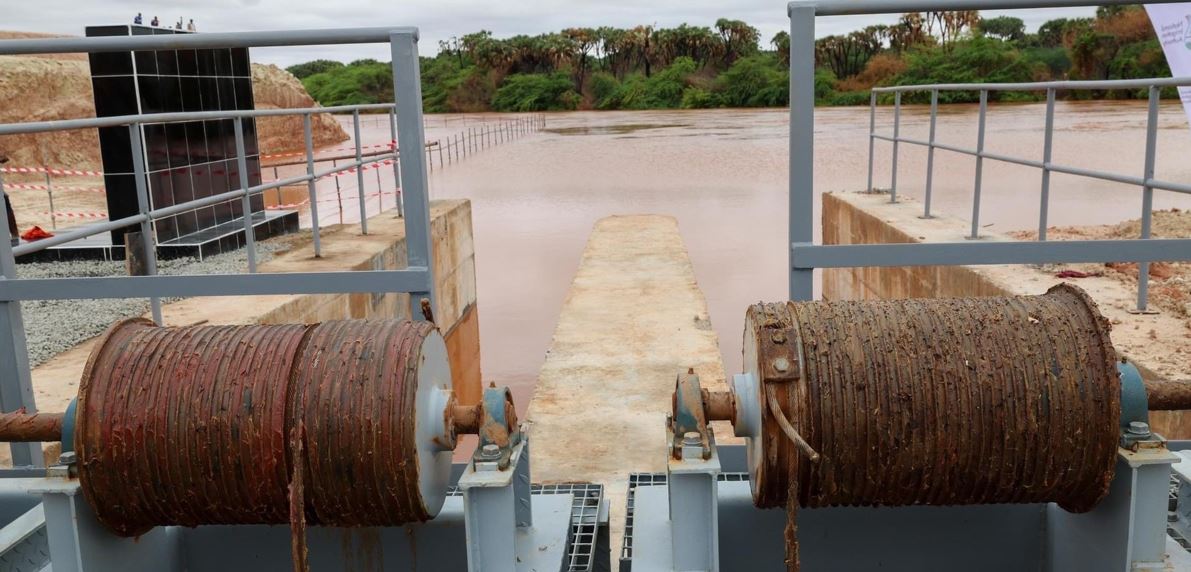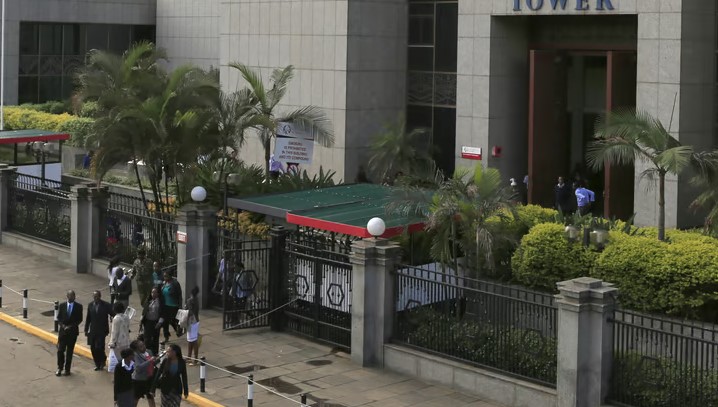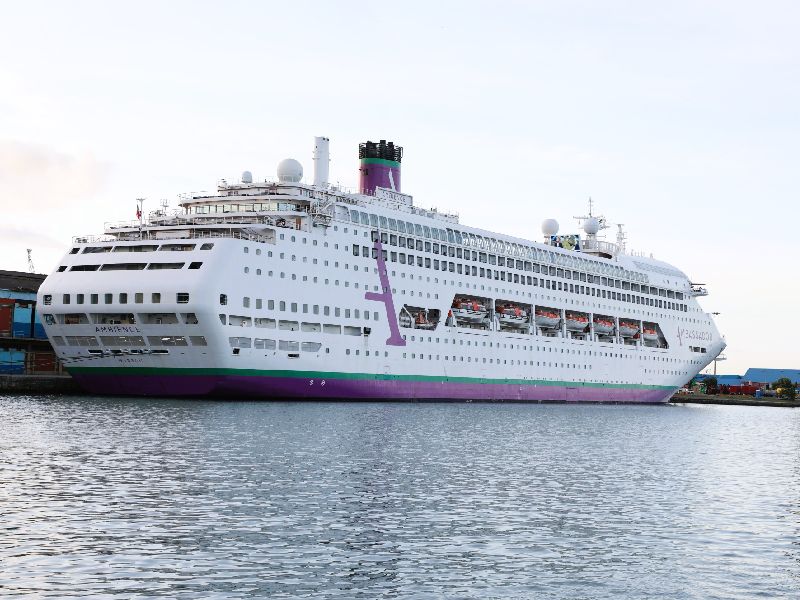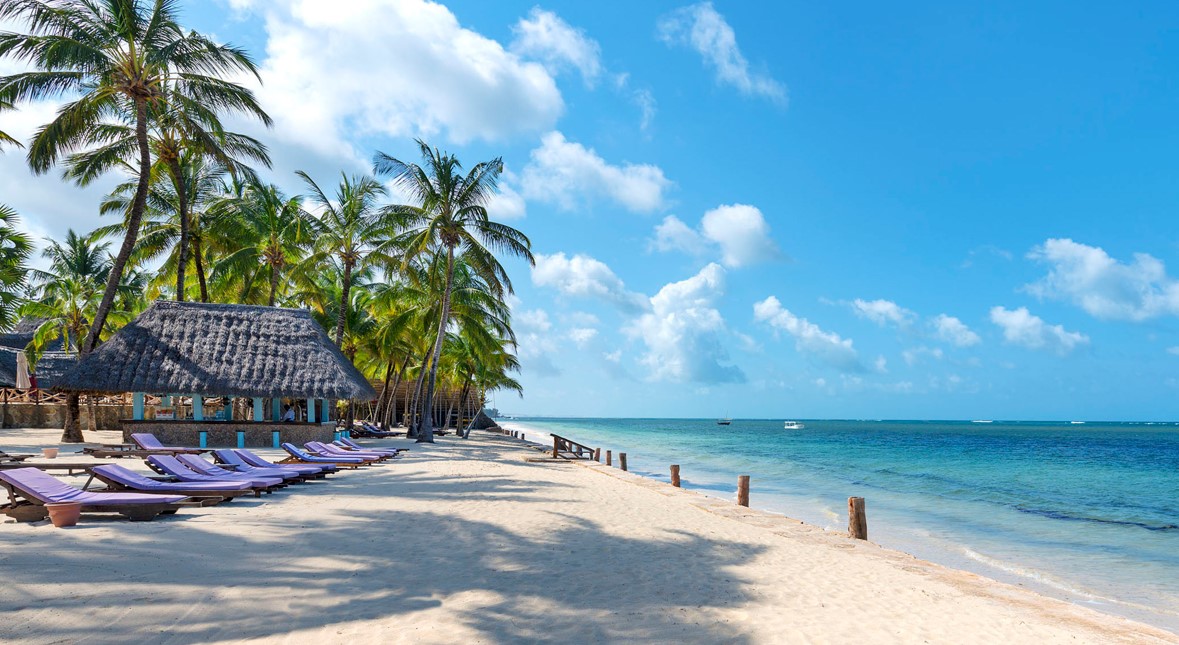Holiday homes redefining Kenya’s coastal stay for local and foreign tourists
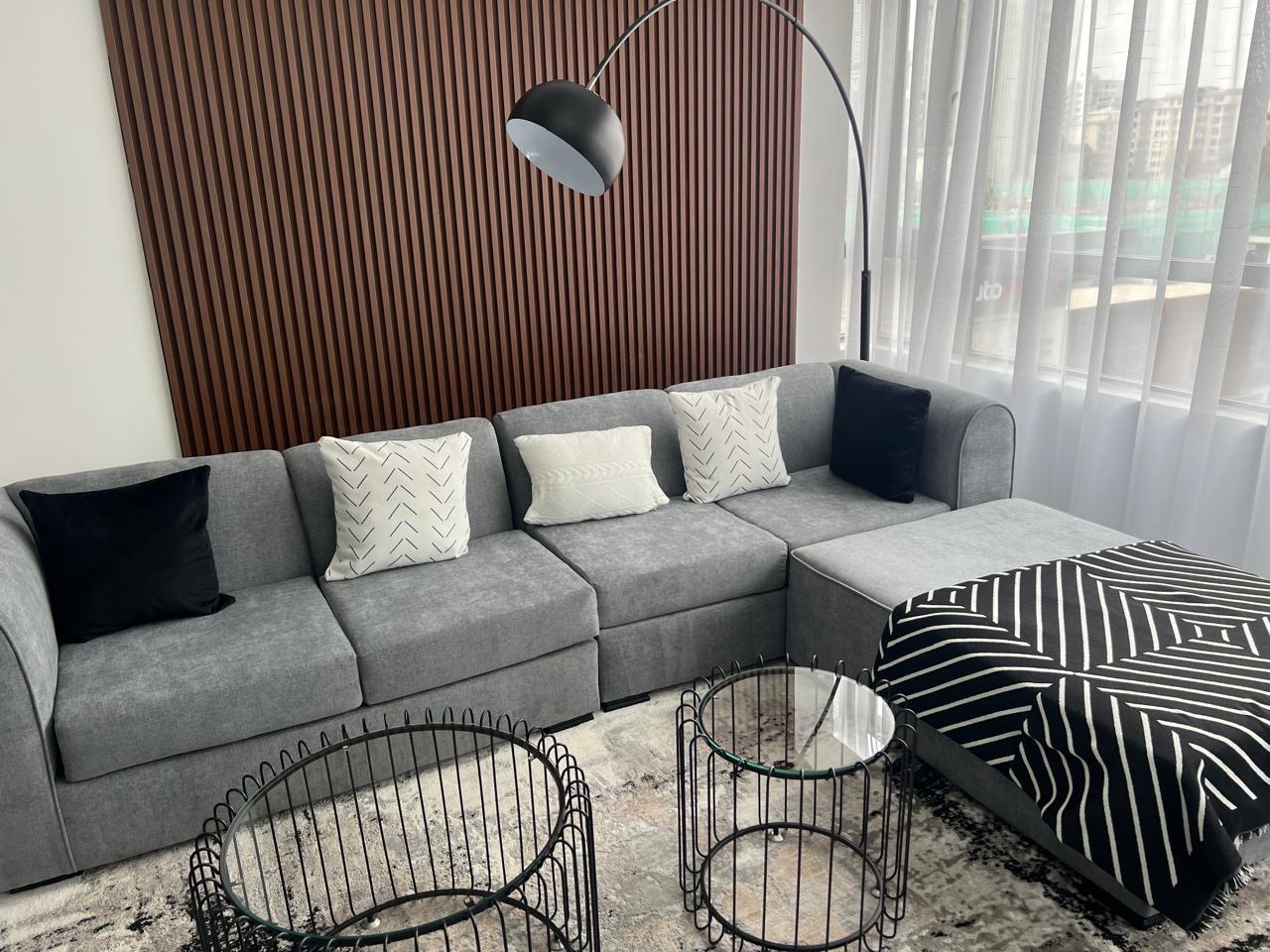
By Farhiya Hussein |
Many holiday homes in Mombasa now come equipped with swimming pools, gyms, beach access, chefs, and drivers.
Holiday homes in coastal cities have increasingly become the preferred accommodation choice for locals and tourists alike, offering more flexibility, comfort, and affordability compared to traditional hotels.
This trend has flourished, particularly with platforms like Airbnbs, which allow property owners to cater directly to guests’ needs and preferences.
Keep reading
From individual rooms in private homes to entire rental apartments, Mombasa now boasts of hundreds of these alternative accommodations, often featuring luxurious amenities that rival those of hotels.
The popularity of holiday homes has grown steadily, especially in the post-Covid era, as travellers seek options that allow for more personalised and adaptable experiences.
Many holiday homes in Mombasa now come equipped with swimming pools, gyms, beach access, and even employ chefs, drivers, and security personnel, providing services akin to those offered by hotels.
However, unlike traditional hotel stays, holiday homes allow families and groups to stay together in one space, negotiate rates, and even prepare their own meals or request customized dishes, adding a layer of flexibility and affordability.
Rachel Wachira, the owner of Rataj Residences in Mombasa and Nairobi, said she was inspired to enter the holiday homes market during the Covid-19 pandemic period.
“I had just quit my job, and I needed a business that would caution me as I transitioned to a new job,” she explained.
Since listing her properties on Airbnb, Wachira has witnessed both growth and challenges.
Local tourism
“Over the years, demand has fluctuated due to market saturation. However, local tourism has been on the rise, making it a more reliable source of business,” she added.
Despite the competitive landscape, Wachira has continued to see repeat business, largely due to the quality of services and the unique experience holiday homes offer.
“The profit margins of short-term renting compared to long time but when business is low long-term bookings are a lifesaver. The challenges we are currently facing is decline in business and also saturation in the market. Therefore, we find ourselves adjusting to the market rate rather than losing out on clients all together. High seasons are not mostly affected though as the demand is high and you can price as per your rate card,” she noted.
But it is not an easy task, she said.
“Maintain the house to the best standards, ensure good security, e.g., register every guest who comes in. They are required to fill a form and give a copy of their identity card. we also have CCTV cameras on the common areas. In the house we have a booklet recommending places to visit around while travelling and we also encourage the clients to ask us as many questions as they can,” said Wachira.
Network of clients
She mentioned, “Airbnb has somehow impacted our business as we find most long-term clients from the app. I have managed to build a network of clients that prefer coming back to my apartment. Further to that, the price offered for a three-bedroom house can’t be compared to the hotel rates.”
The rise of holiday homes has presented a significant challenge for the hotel industry, which has traditionally catered to Mombasa’s leisure and business travellers.
Dr Sam Ikwaye, the chairman of the Mombasa Tourism Council, acknowledged the growing appeal of holiday homes but believes they complement, rather than replace traditional hotels.
“You see, alternative accommodation providers are a complement to a destination. There are people who want to go to hotels. There are people who want to go to those alternative accommodation providers. And so, it is a segment that is a starting point. Of course, there are pros and cons as a traveller. When you go to alternative accommodation providers, they are luxuries that are not there. You know, the service aspect. When you go to a hotel, there are bills, there are organisations, the service offering is extensive. Everyone has their own market; we can’t say it affects them.”
Ikwaye sees the trend as part of a larger evolution in travel and accommodation, comparing the growth of holiday homes to the impact of ride-sharing services like Uber in the taxi industry.
“This is a new phenomenon. The platform economy is revolutionising the travel industry, offering more people the opportunity to become investors in hospitality,” he explained.
Need for regulations
He also stressed the need for regulations to ensure safety and quality standards are met across all accommodations.
“We must work with national and county governments to create guidelines for these properties, ensuring guest security and responsible tourism,” he said.
Travellers themselves have expressed appreciation for the advantages holiday homes offer.
“I love the freedom they give; no fixed meal times or room restrictions. Plus, with children, it is easier to stay in a place with kitchen facilities and enough space for everyone,” said Jane Mwangi, a regular visitor to Mombasa.
Another traveller, Ahmed Hassan, said that holiday homes offer a more relaxed environment.
“In a hotel, you’re bound by their schedule. With a holiday home, you can cook, invite friends, and come and go as you please. It feels more like a home than a temporary stay,” he explained.
According to Ikwaye, the growing demand for alternative accommodations highlights the need for oversight to prevent issues that may affect the safety and security of travellers.
Reader comments
Follow Us and Stay Connected!
We'd love for you to join our community and stay updated with our latest stories and updates. Follow us on our social media channels and be part of the conversation!
Let's stay connected and keep the dialogue going!

